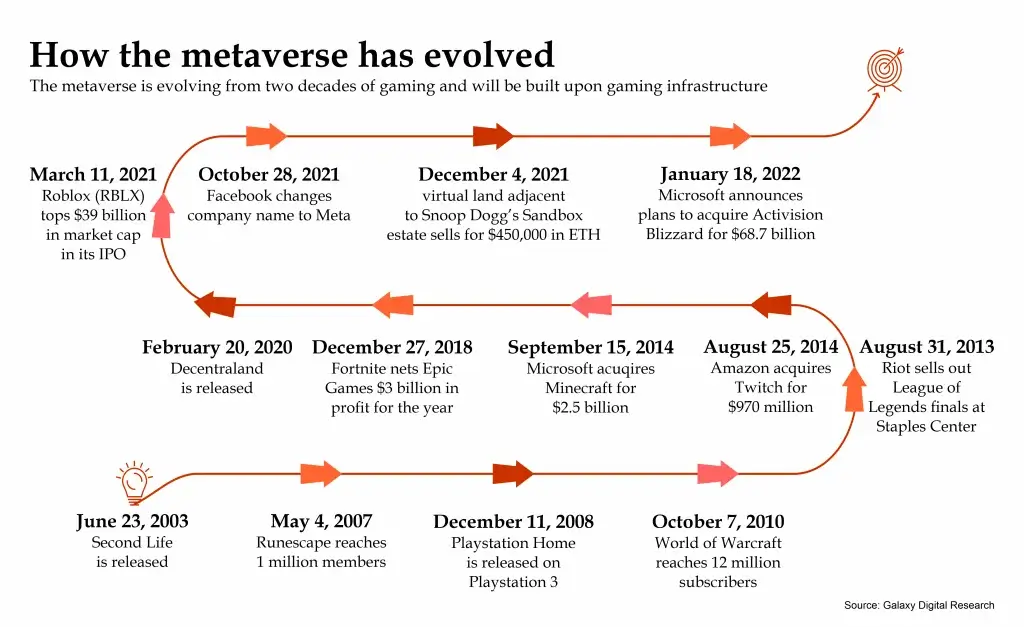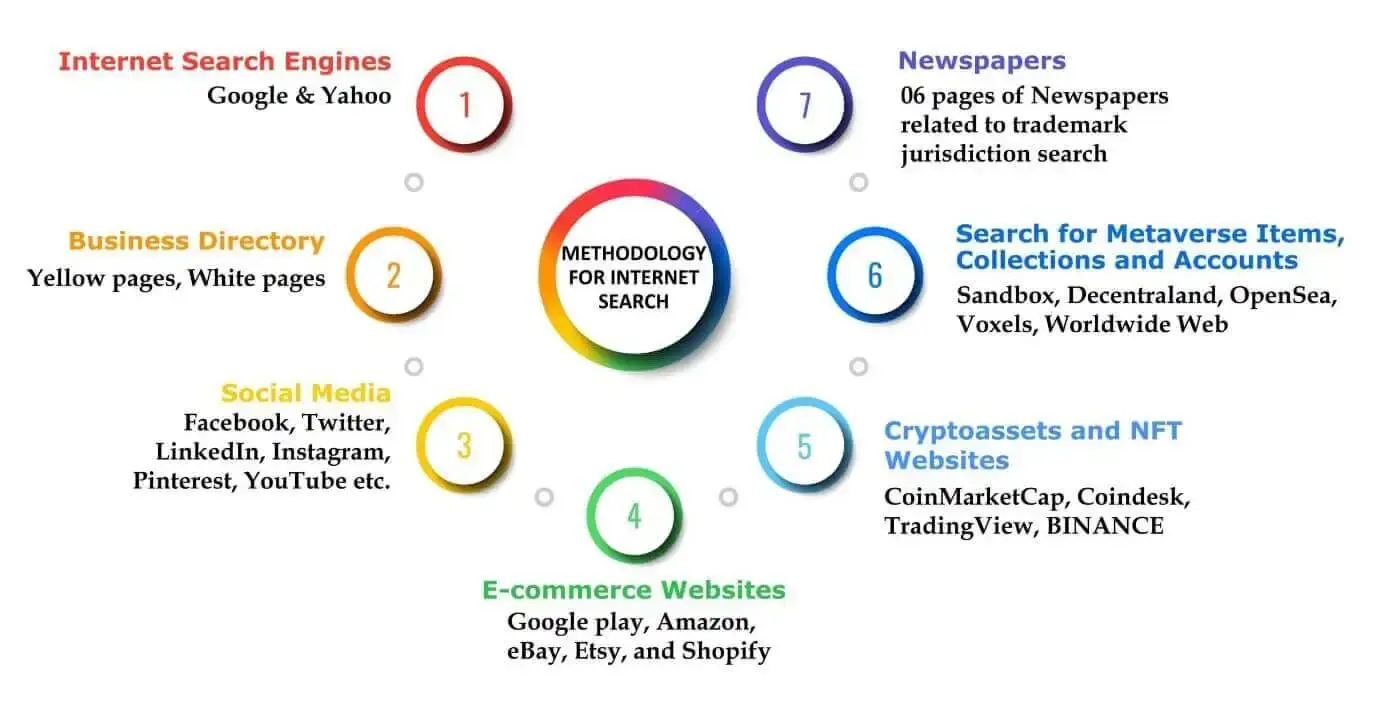Subscribe our newsletter
Please Subscribe our news letter and get update.

The term Metaverse was coined in Neal Stephenson’s 1992 science fiction novel Snow Crash, and the meaning of the term Metaverse is “beyond the universe”.
The Metaverse concept is based on a virtual and immersive world that allows humans to interact with each other in a virtual or 3D virtual space as programmable avatars. It’s a metaphor for the real world.
The Metaverse seamlessly blends social media, online gaming, virtual reality, augmented reality, and blockchain, allowing users the ability to interact via personalized avatars. The expanding Metaverse offers a diverse range of environments for users to explore, engage in activities, and connect with one another.
This dynamic platform is not only for individuals but also serves as a strategic tool for brands aiming to connect with their audience and market their products and services. For instance, brands can strategically place advertisements and offer interactive browsing and purchasing experiences.
Additionally, users have the opportunity to participate in transactions involving branded digital merchandise within these immersive virtual worlds.
The Metaverse and real/physical world are similar to each other; the only difference between them is that the Metaverse is a digital/virtual world.

Metaverse trademarks are the same as those in the real world, which can be a distinctive word, symbol, or phrase that differentiates the source of goods or services from one enterprise from those of others in virtual worlds. Trademarks represent and protect brands in the Metaverse.
In this rapidly evolving landscape, the Metaverse is becoming an integral space where fashion brands like Gucci are redefining engagement and commerce, blurring the lines between the digital and physical realms.
In 2021, Gucci introduced a virtual Gucci Garden on Roblox, mirroring its real-world museum. In 2022, they expanded their Roblox presence with a permanent Gucci Town, offering users the chance to engage in games, art creation, shopping for virtual clothing, and more. Remarkably, a digital Gucci bag fetched over $4,000, exceeding the price of its physical counterpart. As the fashion industry embraces the Metaverse in the post-pandemic era, events like “Metaverse Fashion Week” on DECENTRALAND feature top brands, offering consumers immersive experiences and the ability to buy virtual items within the virtual world, transforming how we engage with fashion brands.
Following are some of the reasons that are attracting companies to the Metaverse:
The trademark concept of the real/physical world is the same in the Metaverse world. Just like in the real world’s market, you need to trademark your company or business name to prevent others from copying or stealing your intellectual rights.
Virtual products and services can be protected under trademark law. A trademark for your virtual product name and service is official confirmation that you are the legal owner of the business associated with the particular virtual products and services.
A trademark in the Metaverse makes it easier and less expensive for customers to find your products, reduces the cost of marketing, and builds your brand identity. Brand identity and distinction will be critical in the immersive world of the Metaverse.
The registration of virtual products and services follows the same process of trademark registration for the Metaverse as in the real world.
Metaverse trademarks are granted by the USPTO, so you need to apply to the U.S. Patent and Trademark Office (USPTO) and then navigate an examination process similar to the real-world registration process.
Steps to register:
What needs to be understood is that trademark search for the Metaverse is the same process that we follow in the real world for both trademark search across jurisdictions and common law (internet) searches.
To check whether a brand is trademarked for the Metaverse, use the USPTO’s trademark registration database via the Trademark Electronic Search System (TESS).
Use different internet search engines (Google, Yahoo, etc.) and social media websites (Facebook, Instagram), newspapers, Google Play Store, and cryptocurrency market-related websites to search for trademarks for Metaverse.
We strongly focus on the goods and services and search for the trademark in the Metaverse by making all possible combinations of the goods and services, as well as focusing on coordinated classes and goods and services to avoid any identical and phonetically similar trademark infringement results.
We offer specialized Internet searches to locate Metaverse-related trademark results that are doing business in the Metaverse without registering as a trademark. We search the trademark name or design under the goods and services (the goods and services for which most trademark applications are filed in the Metaverse) mentioned below.
According to WIPO, the category of goods for which these applications have been filed mainly relates to:
Additionally, we use the below-mentioned methodology of internet search to cover the potential results of the Metaverse and NFTs.
 We are reliable on service to meet clients’ expectations; hence, we prepare reports with the help of the national PTO as well as paid databases to ensure every relevant result in our reports.
We are reliable on service to meet clients’ expectations; hence, we prepare reports with the help of the national PTO as well as paid databases to ensure every relevant result in our reports.
Authored by : Nitesh Chouhan
Edited by : Guniyal Bagga
Please Subscribe our news letter and get update.
© Copyright 2024 – Wissen Research All Rights Reserved.